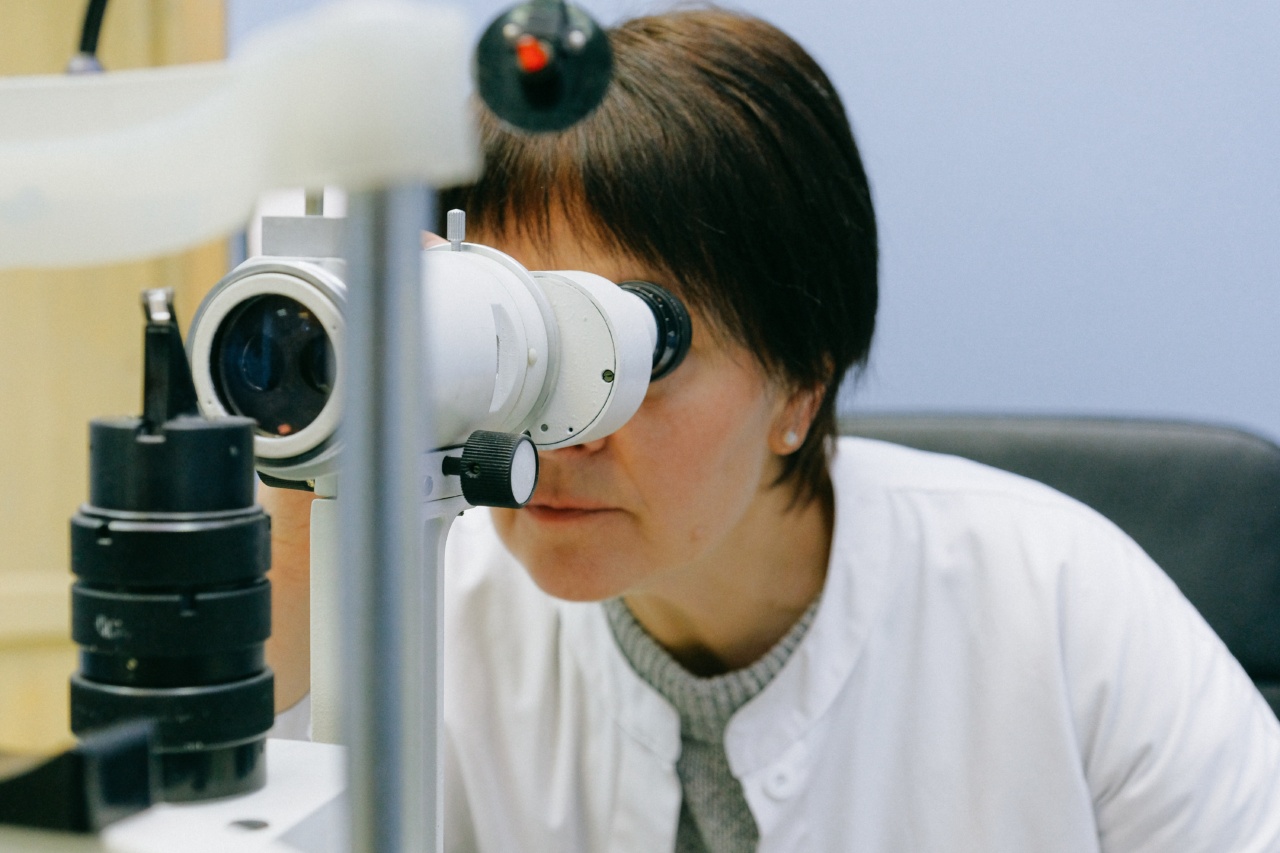Discopathy and orthopedic issues are common medical conditions that affect a significant portion of the population.
These conditions can cause a lot of pain, discomfort, and limitation of movement, thus impacting the quality of life of the affected individuals. Fortunately, healthcare benefits can help manage these conditions effectively.
Types of Discopathy and Orthopedic Issues
Discopathy is a medical condition that affects the intervertebral discs in the spine. It can be either degenerative or herniated. Degenerative discopathy occurs when the discs in the spine dry out and lose their elasticity.
This can cause a lot of pain, especially in the lower back. Herniated discopathy, on the other hand, is when the outer layer of the disc ruptures, and the inner disc herniates, causing pressure on the surrounding nerves.
Orthopedic issues refer to any medical condition that affects the musculoskeletal system, such as arthritis, fractures, sprains, strains, etc.
These conditions can be caused by various factors, including trauma, aging, repetitive strain, and genetic causes.
Treatment Options for Discopathy and Orthopedic Issues
The treatment options for discopathy and orthopedic issues depend on the severity of the condition. For mild cases, conservative approaches such as rest, physical therapy, and medications can be effective.
However, for severe cases, surgical procedures may be required.
Other treatment options for discopathy and orthopedic issues may include chiropractic care, acupuncture, massage therapy, and other forms of alternative medicine. These treatment options can also be covered by healthcare benefits.
Healthcare Benefits for Managing Discopathy and Orthopedic Issues
Healthcare benefits can help manage discopathy and orthopedic issues by providing access to various medical treatments and procedures. Most healthcare plans cover medical visits, diagnostic tests, medications, and surgeries for these conditions.
In addition, some healthcare plans also cover alternative medicine treatments such as chiropractic care, acupuncture, and massage therapy.
Workers’ compensation insurance is another type of healthcare benefit that can help manage discopathy and orthopedic issues.
This type of insurance covers medical expenses and lost wages for employees who suffer from work-related injuries or illnesses.
Choosing the Right Healthcare Benefit Plan
When choosing a healthcare benefit plan to manage discopathy and orthopedic issues, it’s essential to consider the coverage options carefully.
Look for plans that cover the specific medical treatments and procedures that you may need, such as diagnostic tests, medications, and surgeries.
Consider the out-of-pocket costs, such as deductibles, co-pays, and co-insurance, as well. Make sure the plan has a broad network of doctors, hospitals, and other medical providers so that you can get the care you need when you need it.
Preventing Discopathy and Orthopedic Issues
While healthcare benefits can help manage discopathy and orthopedic issues, it’s also vital to take measures to prevent these conditions from developing in the first place. Some preventive measures include:.
- Maintaining a healthy weight and staying physically active
- Using proper posture and body mechanics when lifting heavy objects
- Taking breaks and stretching regularly when performing repetitive tasks
- Wearing protective gear when playing sports or engaging in other physical activities
Conclusion
Discopathy and orthopedic issues can cause a lot of pain and discomfort, but they can be managed effectively through healthcare benefits.
By choosing the right healthcare benefit plan, individuals can get the medical treatments and procedures they need to manage their conditions, and prevent future problems from arising.






























